Bearing Pipes
Pipes designed for bearing loads, offering high strength and durability.
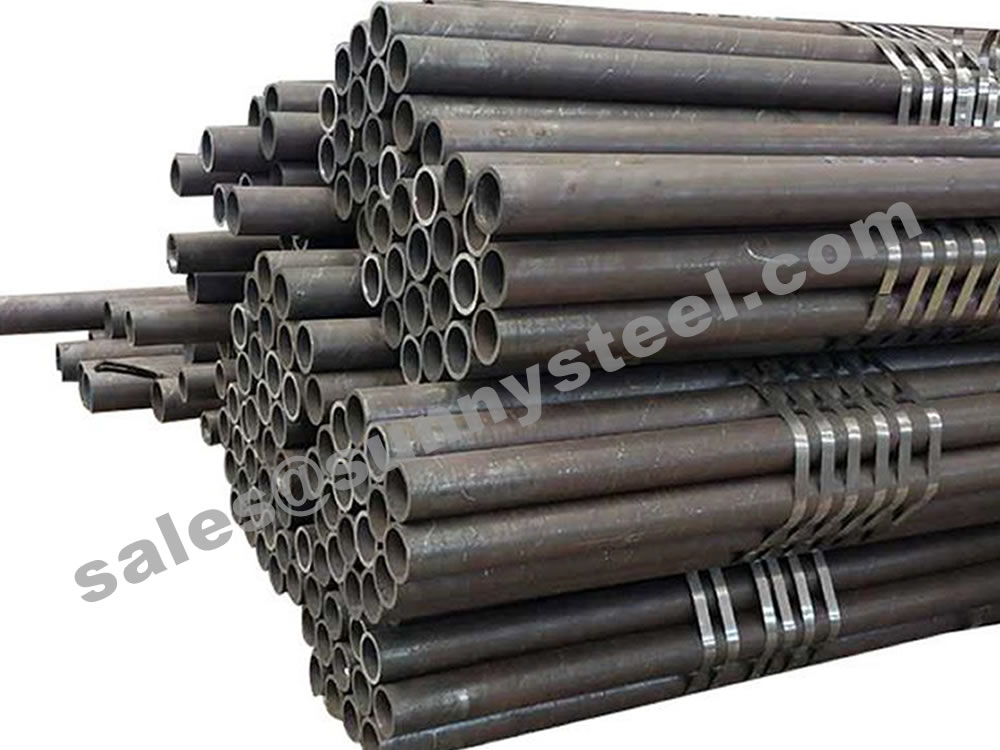
GB 8163 steel pipe is a seamless steel pipe for fluid transportation (GB/T8163-2018), which is a general seamless steel pipe for conveying water, oil, gas and other fluids.
GB 8163 is a Chinese standard that specifies the technical requirements for seamless steel pipes used for fluid transportation. It covers various grades of steel, such as 10#, 20#, Q345B, and 27SiMn.
This standard defines the seamless steel pipes used for the conveyance of fluids, including their dimensions, shapes, weights, technical requirements, testing methods, inspection rules, packaging, marking, and quality certificates. It is applicable to seamless steel pipes for the conveyance of general fluids.
This standard is proposed by the China Iron and Steel Industry Association and is under the jurisdiction of the National Steel Standardization Technical Committee (SAC/TC 183). The main drafting units include companies such as Angang Steel Co., Ltd., and others.
Please note that this is a brief overview, and for detailed specifications and requirements, one must refer to the full text of the GB/T 8163-2018 standard.
| Steel Grade | C | Si | Mn | P | S | Cr | Ni | Cu |
| 10 | 0.07-0.14 | 0.17-0.37 | 0.35-0.65 | ≤0.035 | ≤0.035 | ≤0.15 | ≤0.25 | ≤0.25 |
| 20 | 0.17-0.24 | 0.17-0.37 | 0.35-0.65 | ≤0.035 | ≤0.035 | ≤0.25 | ≤0.25 | ≤0.25 |
| Q345 | 0.12-0.20 | 0.20-0.55 | 1.20-1.60 | ≤0.045 | ≤0.045 | / | / | / |
| Steel grade | Tensite strength(MPa) | Yield strength(MPa) | Elongation(%) |
| 10 | 335-475 | ≥205 | ≥24 |
| 20 | 410-550 | ≥245 | ≥20 |
| Q345 | 490-665 | ≥325 | ≥21 |
| Types of steel tubes | Outer diameter | Wall thickness | ||
| Cold-rolled tubes | Tube sizes(mm) | Tolerances(mm) | Tube sizes (mm) | Tolerances(mm) |
| >30-50 | ±0.3 | ≤30 | ±10% | |
| >50-219 | ±0.8% | |||
| Hot-rolled tubes | >219 | ±1.0% | >20 | ±10% |
GB 8163 seamless steel pipes are primarily used for fluid transportation in industries such as petroleum, natural gas, and chemical engineering. They are suitable for conveying liquids, gases, and other fluids under various temperatures and pressures.
The standard specifies different grades of steel for GB 8163 seamless steel pipes, such as 10#, 20#, Q345B, and 27SiMn. These grades have specific chemical compositions and mechanical properties to meet the requirements of fluid transportation applications.
GB 8163 seamless steel pipes are typically manufactured through processes such as hot rolling or cold drawing. These processes ensure the pipes have precise dimensions, smooth surfaces, and good mechanical properties.
GB 8163 seamless steel pipes are available from manufacturers and suppliers in China. They come in different sizes, grades, and specifications to meet specific project requirements.
GB/T 8163-2008 specifies the requirements for seamless steel pipes used for fluid transportation, while ASTM A106 and ASTM A53 are American standards for seamless carbon steel pipes used in various industries.
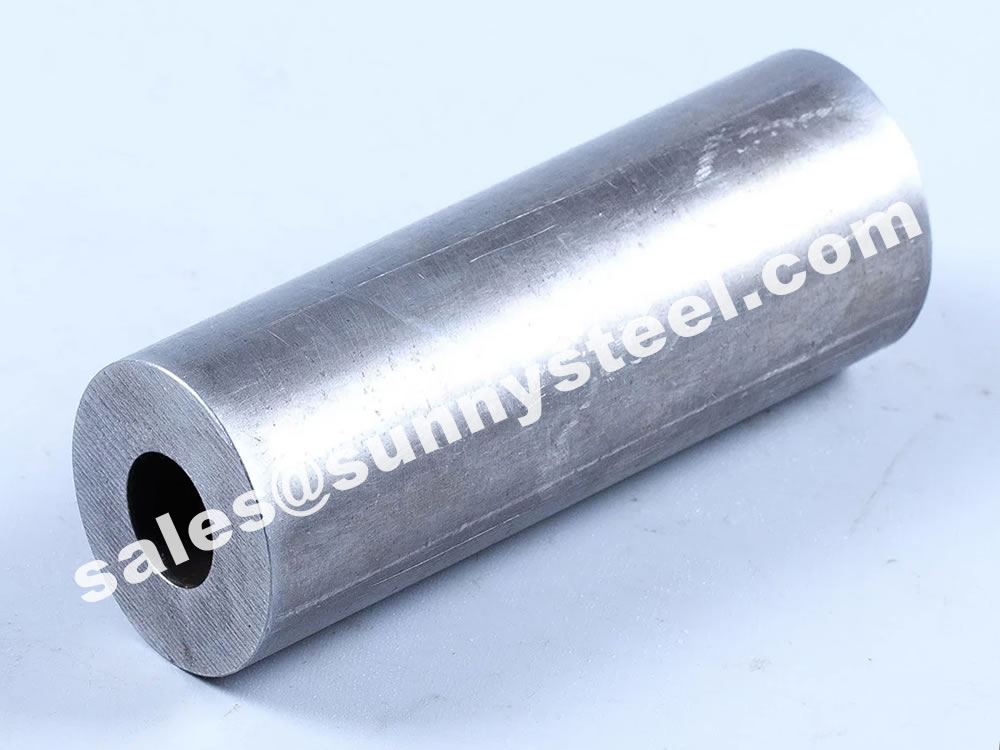
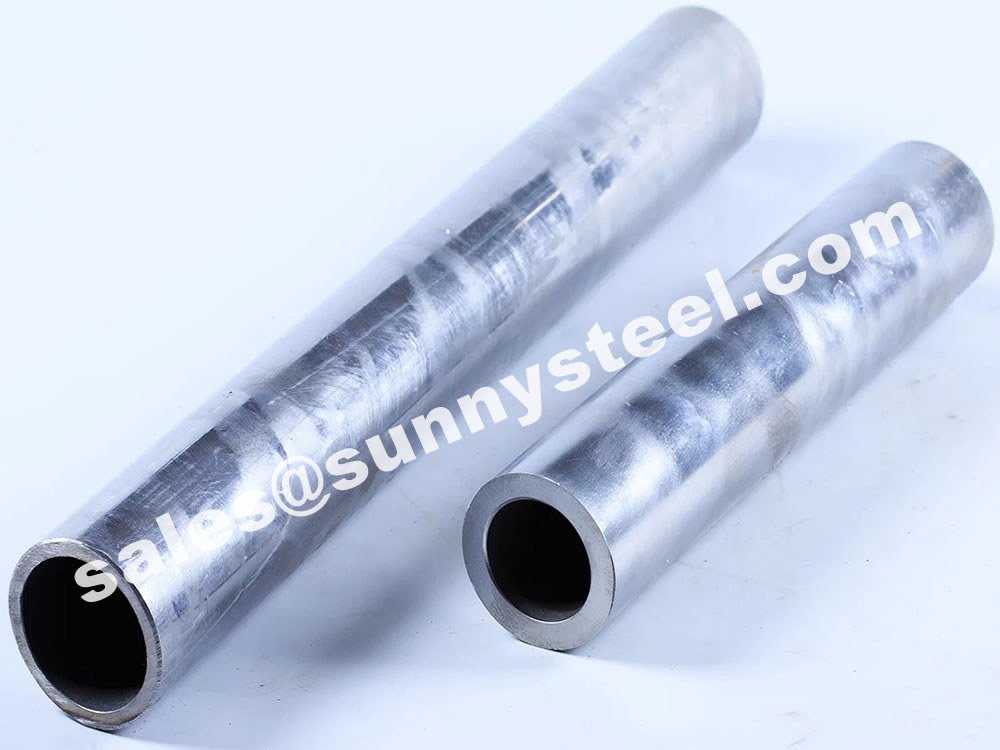
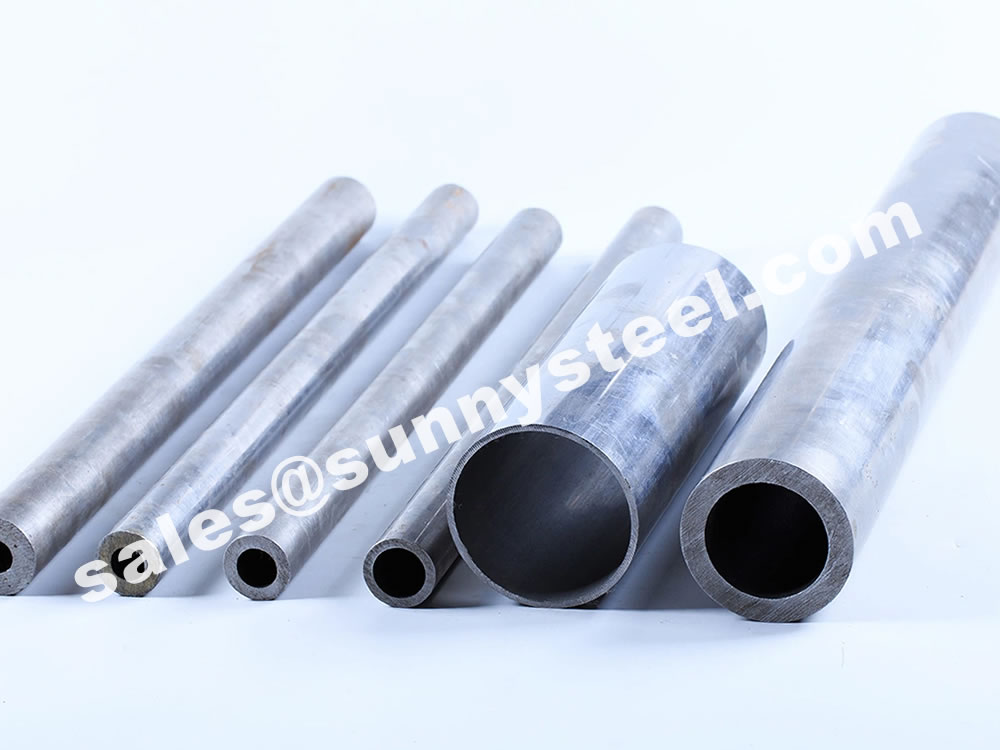
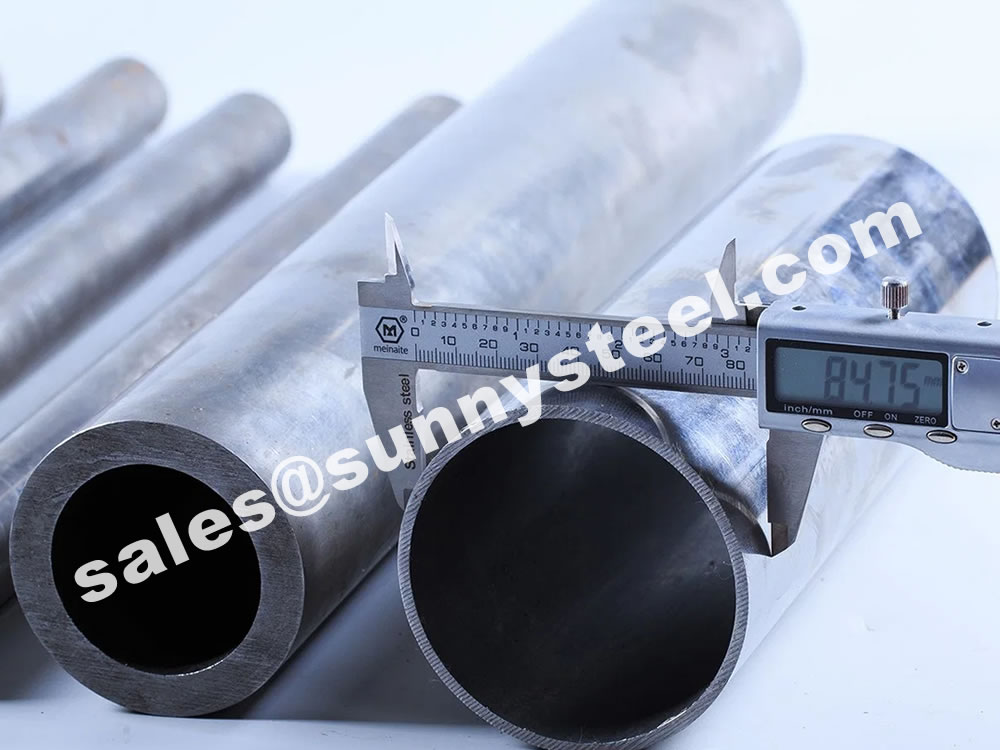
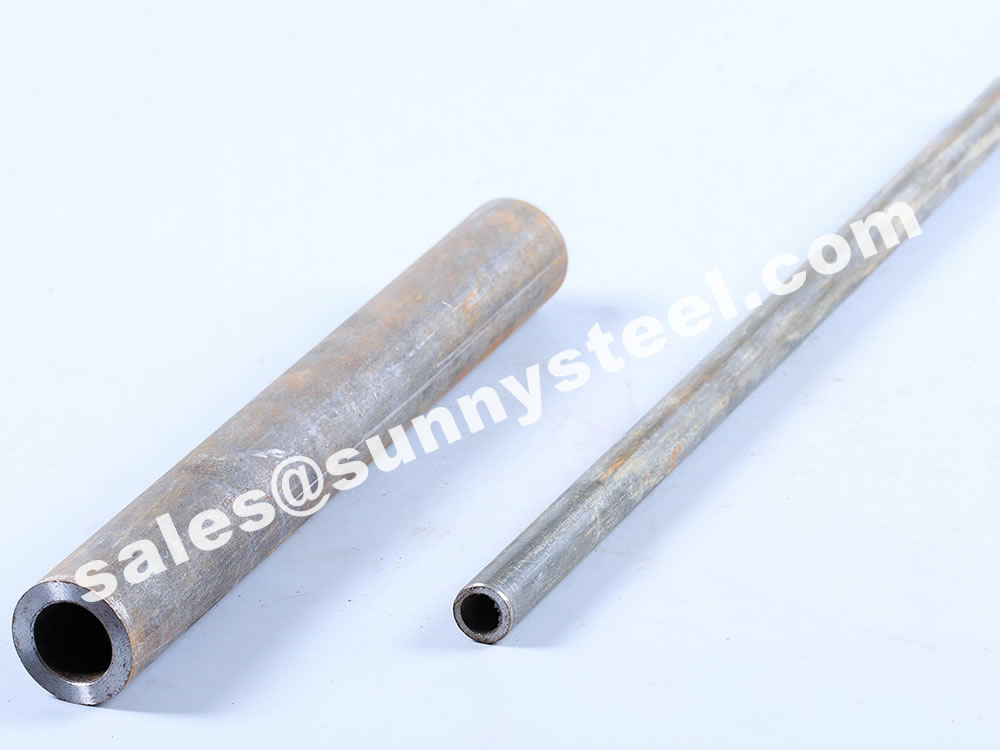
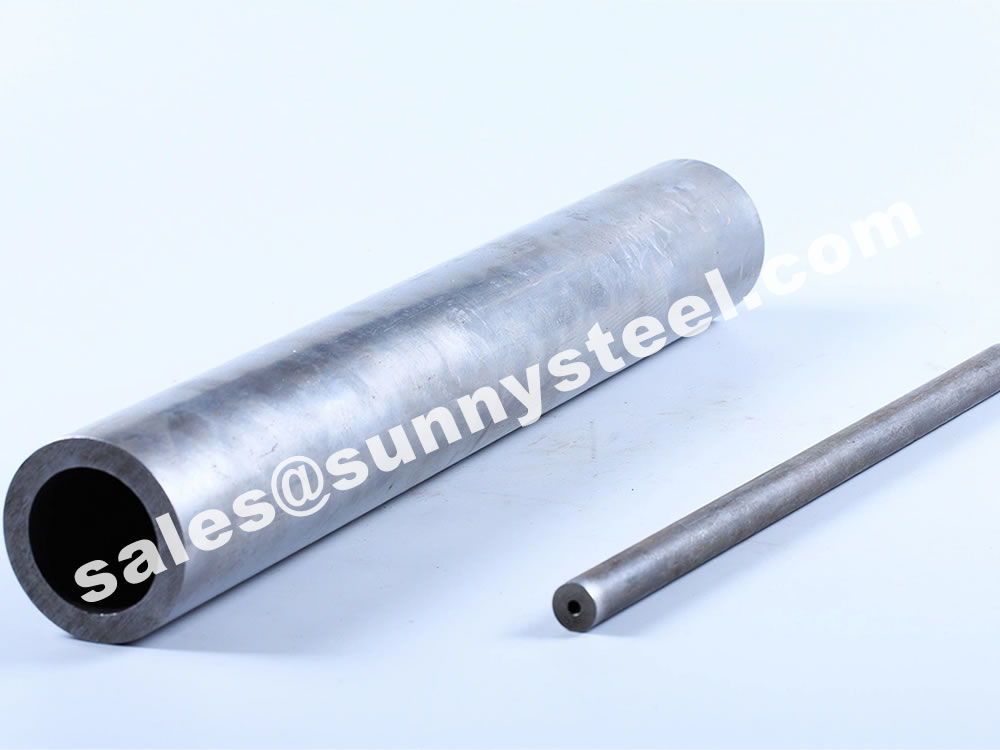
Seamless steel pipe is regularly used in the transportation of fluids such as water, natural gas, waste and air. It is also regularly required in many high-pressure, high-corrosive environments such as in the oil & gas, power generation and pharmaceutical industries. Some common uses of seamless pipes include:
Chemical composition inspection, mechanical properties test(tensile strength,yield strength, elongation, flaring, flattening, bending, hardness, impact test), surface and dimension test,no-destructive test, hydrostatic test.
identification of the chemical composition of the metal used to manufacture the fitting. Uses PMI sensors, including X-ray fluorescence or optical emission spectrometry.
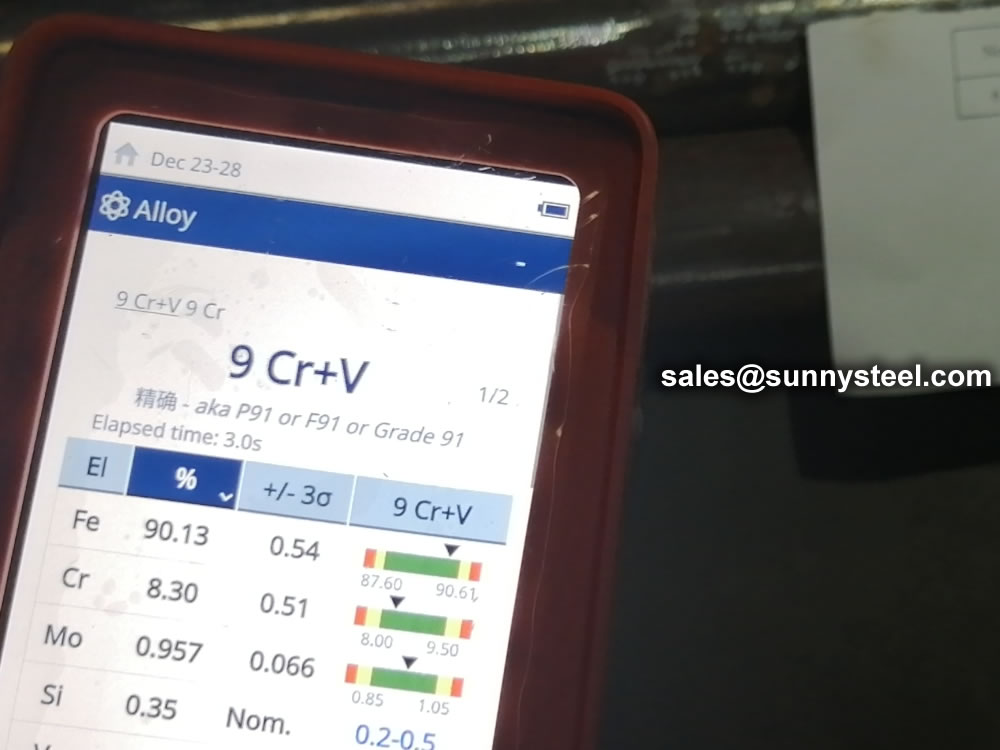
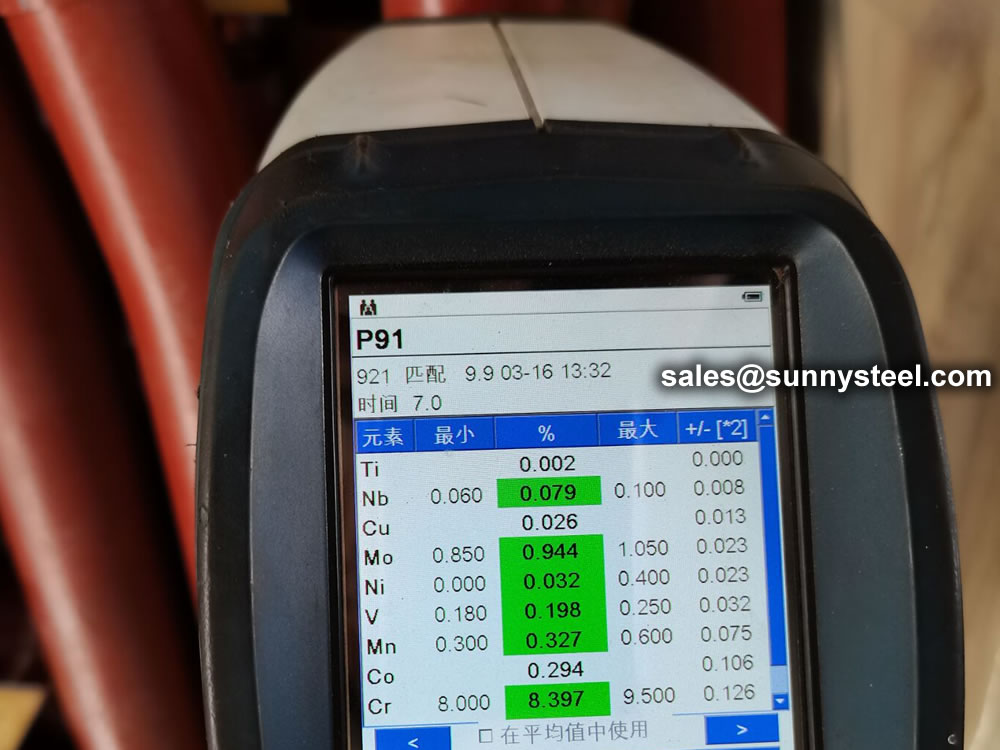
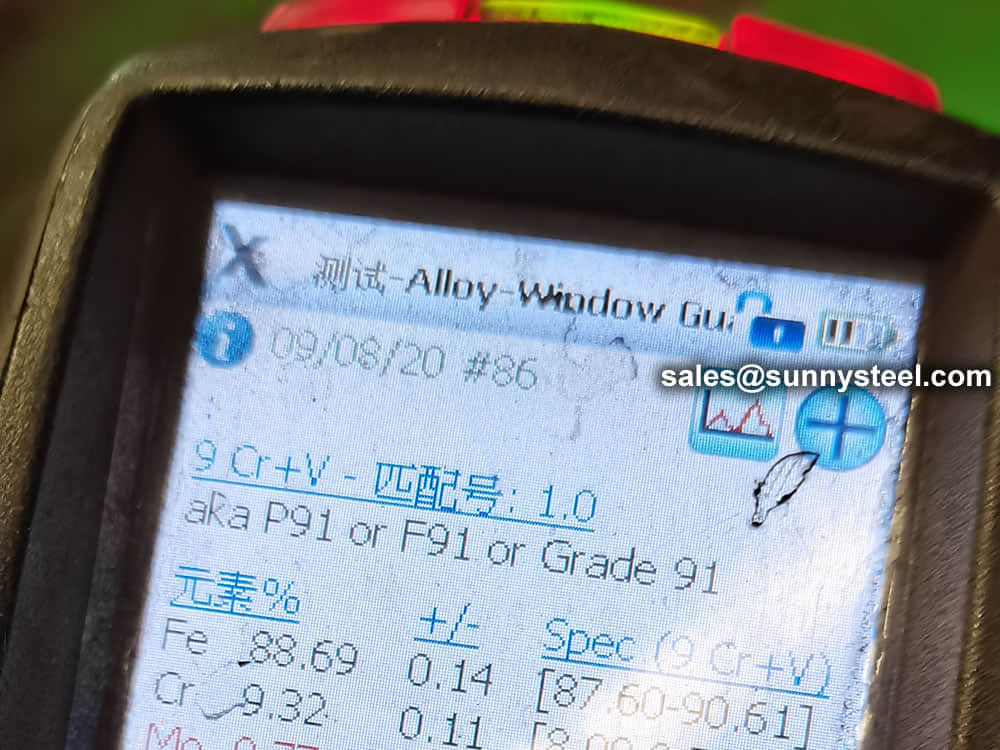
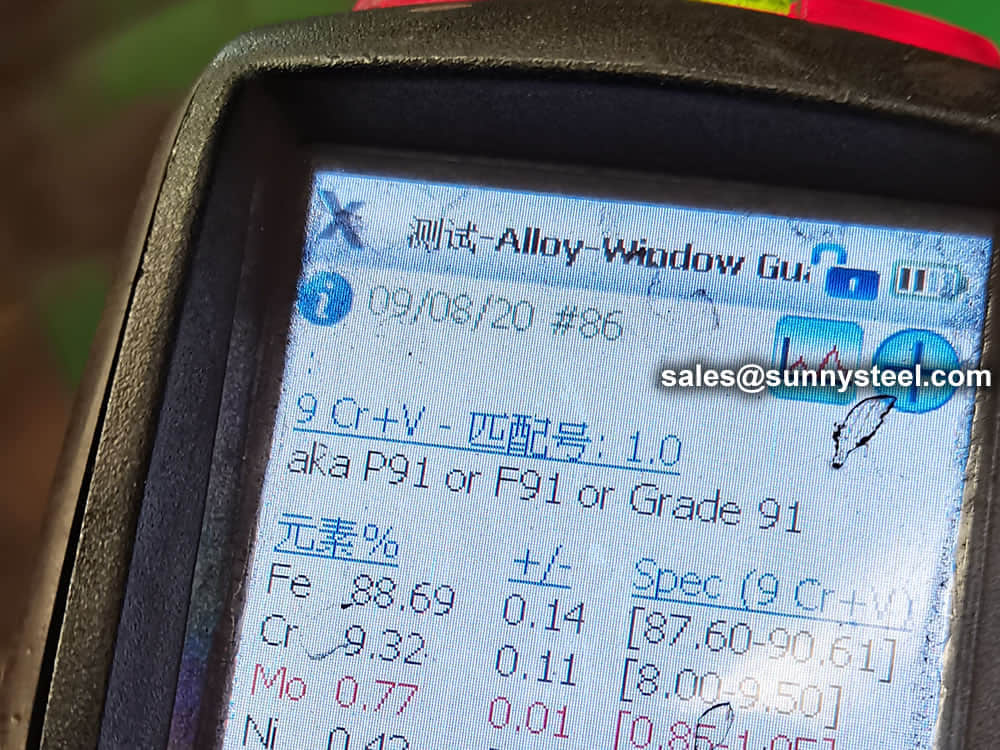
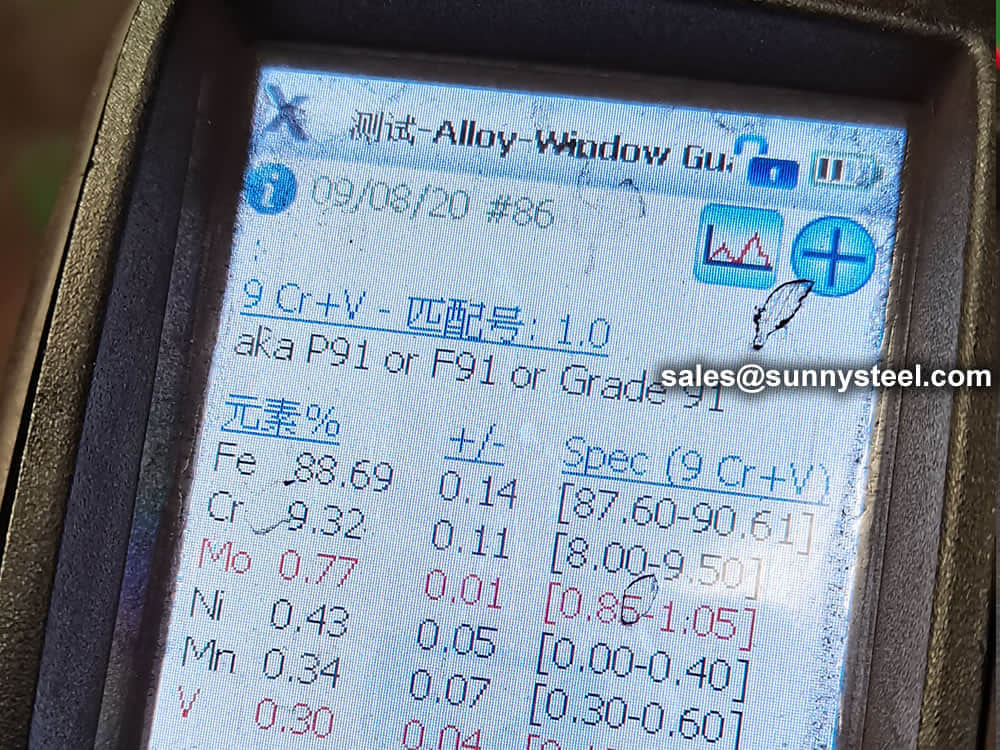

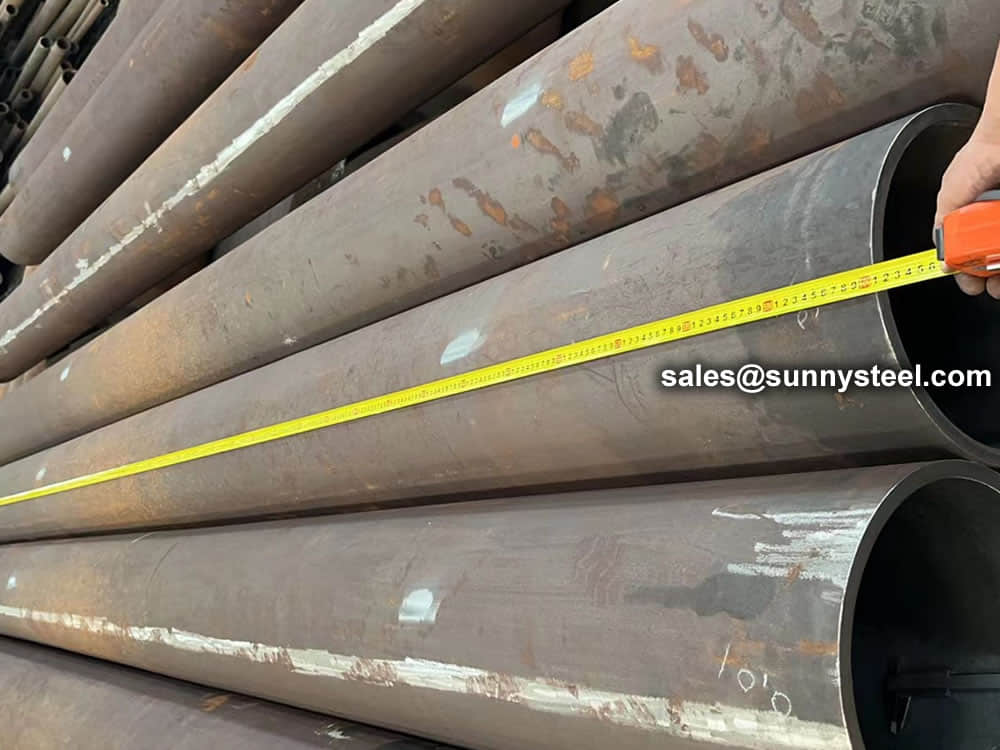
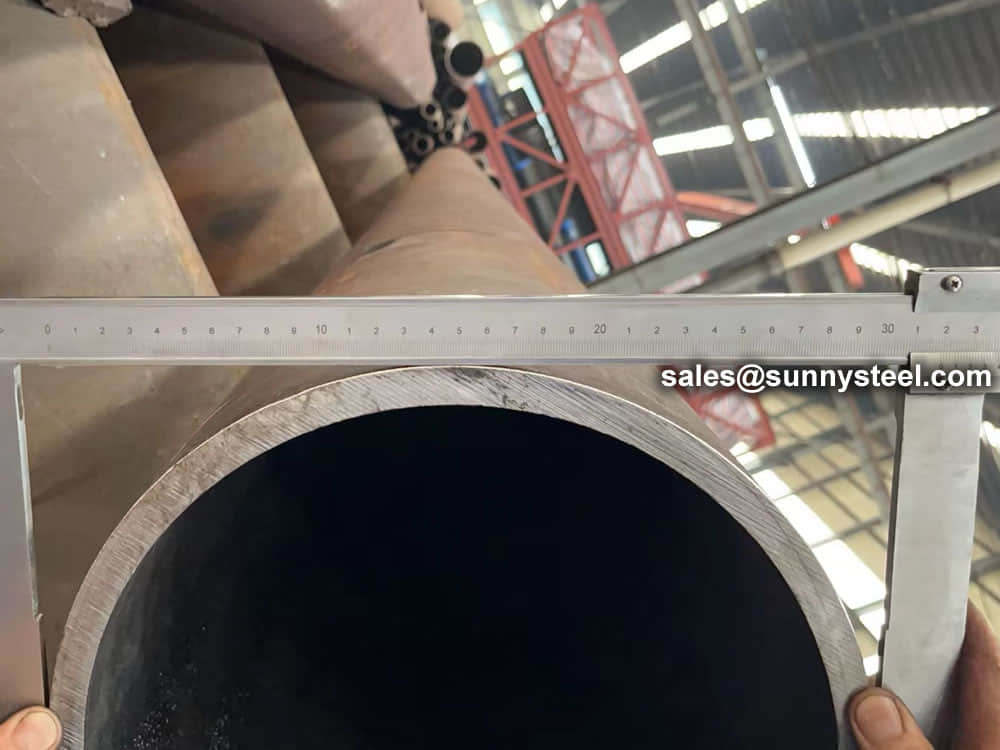
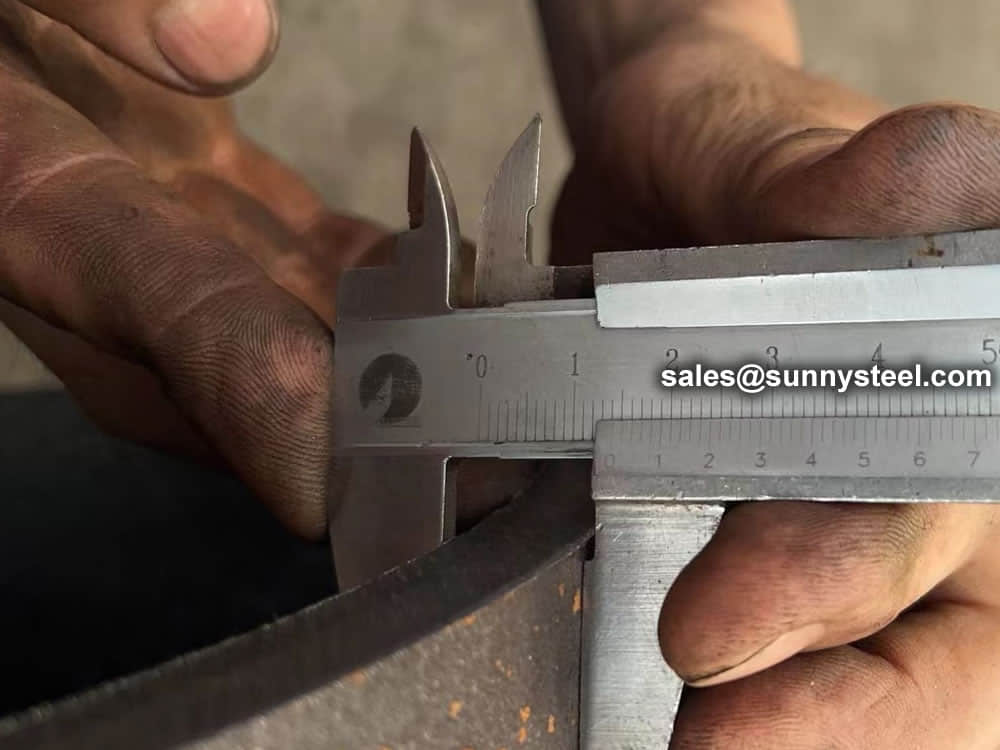
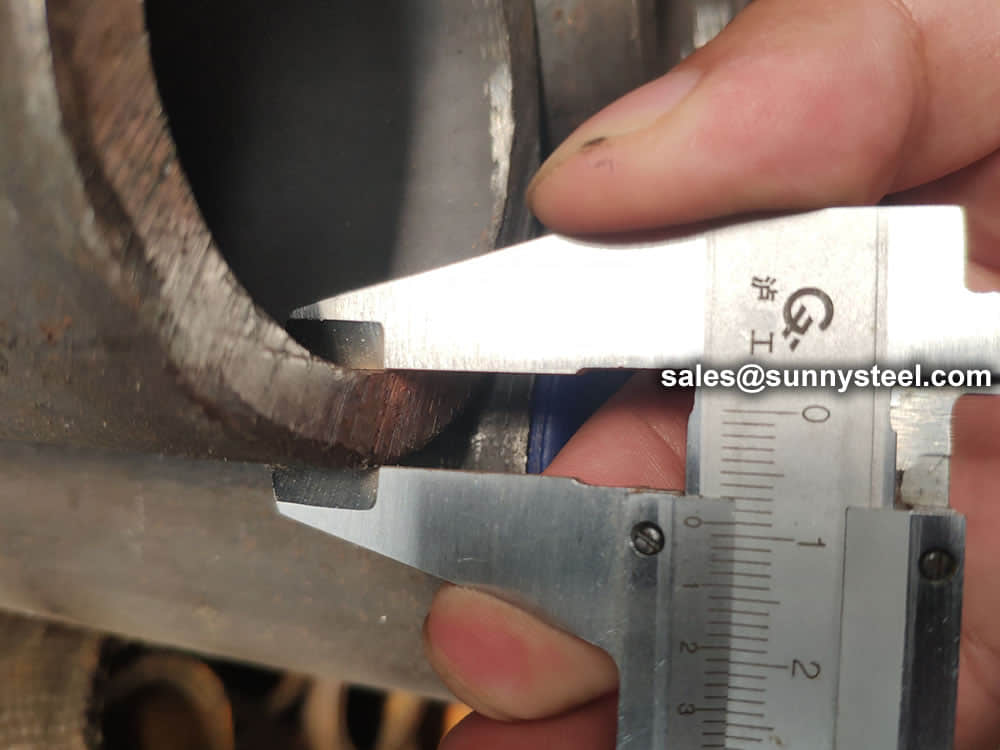
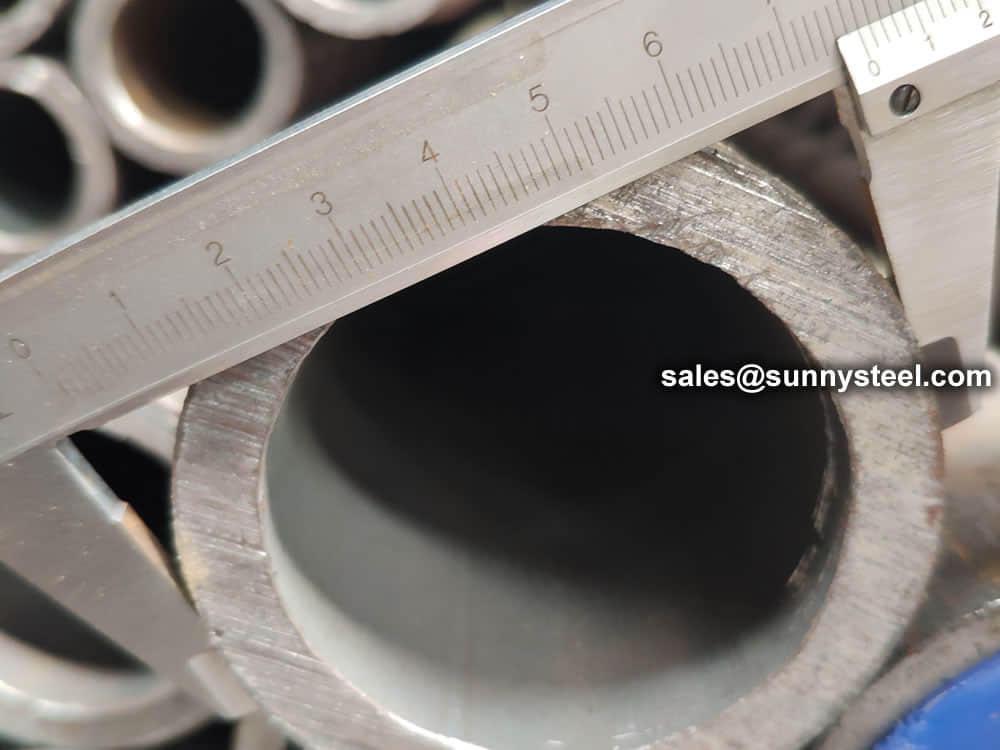
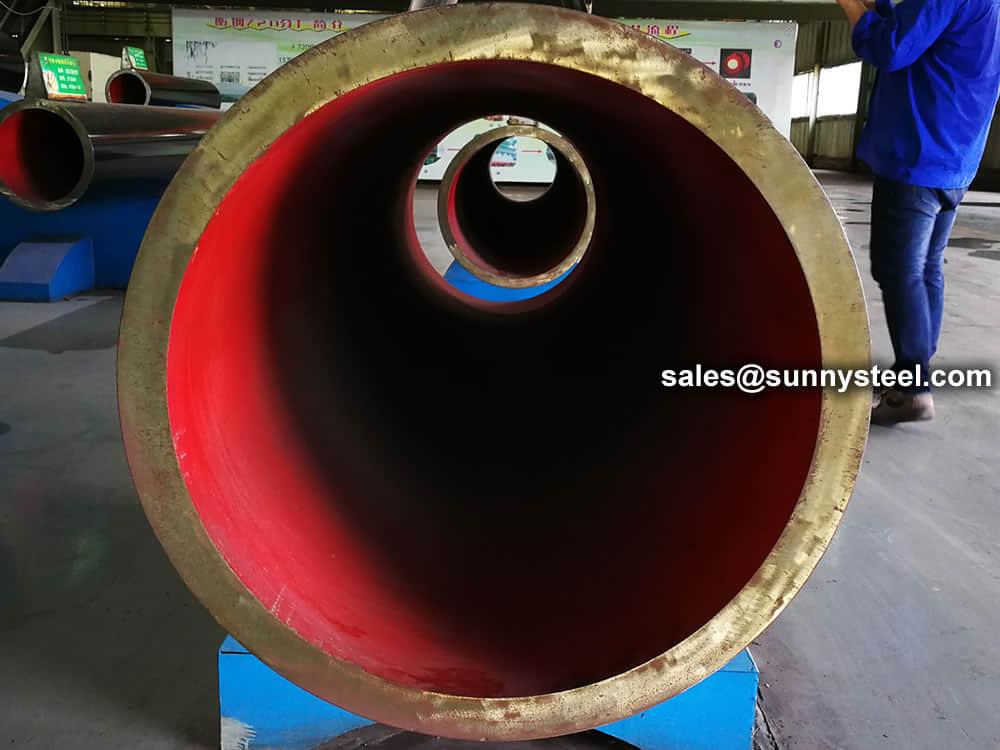
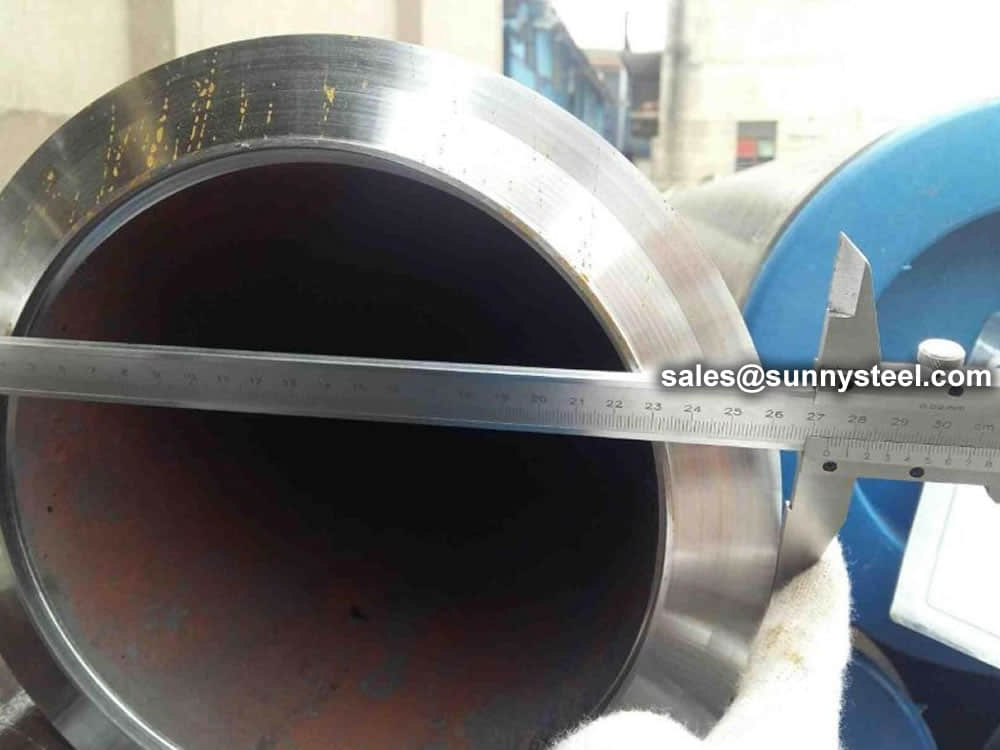
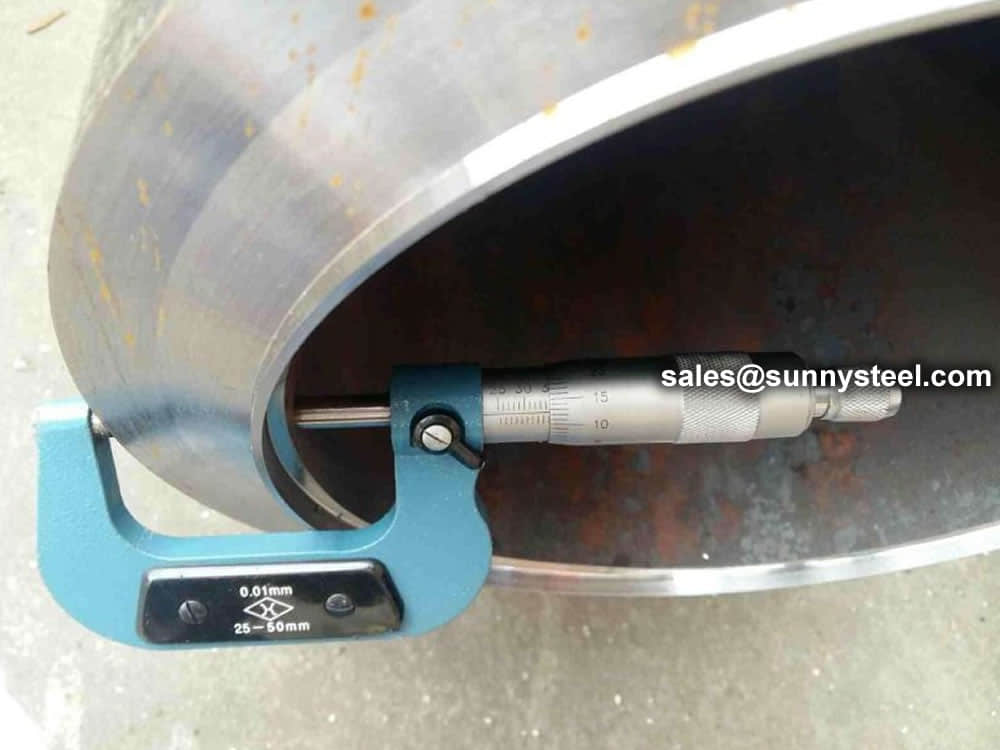
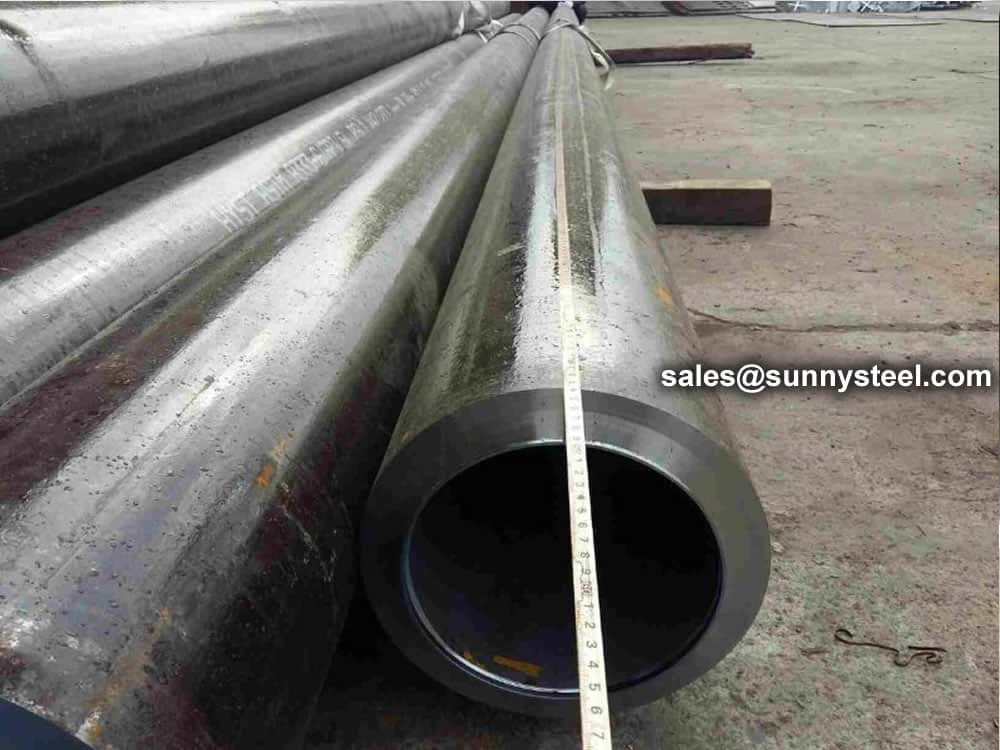
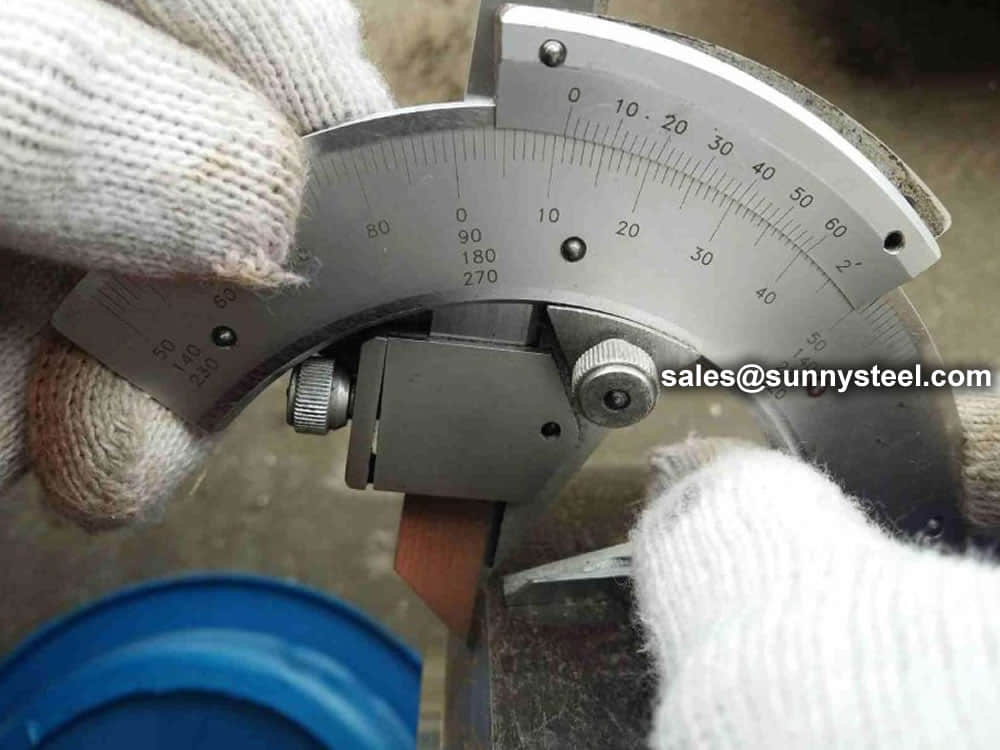
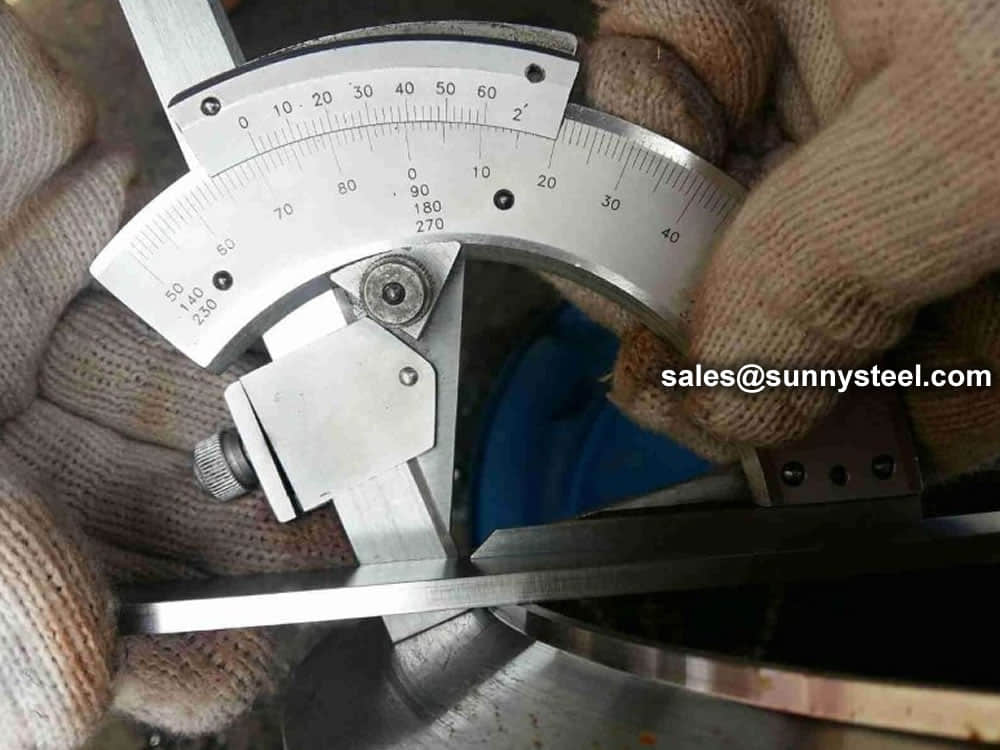
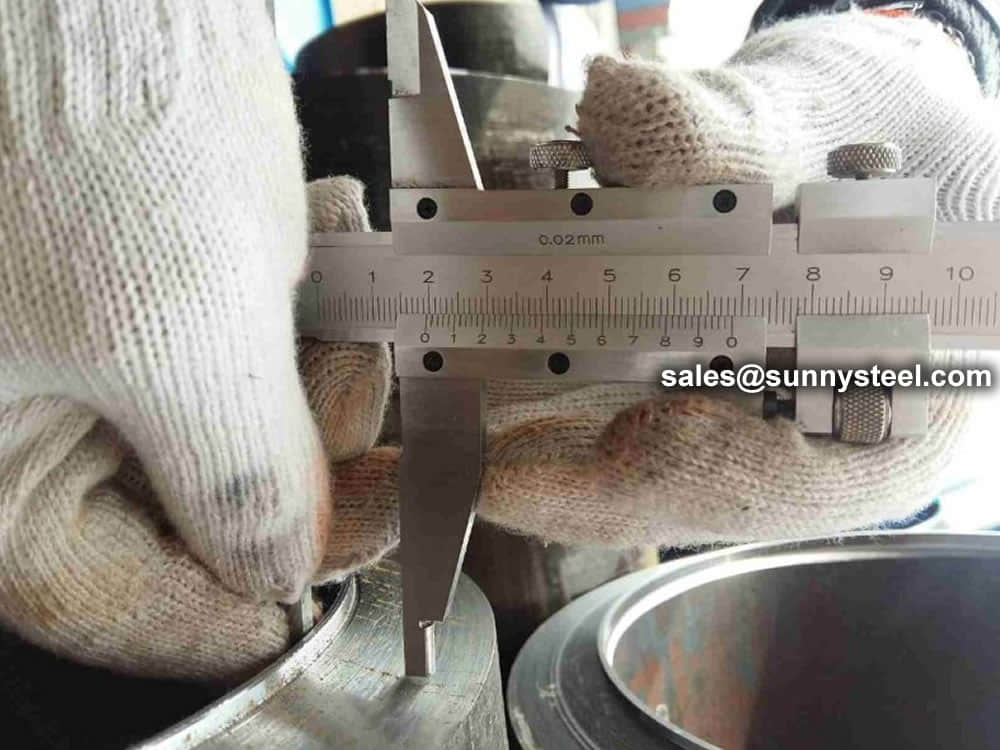
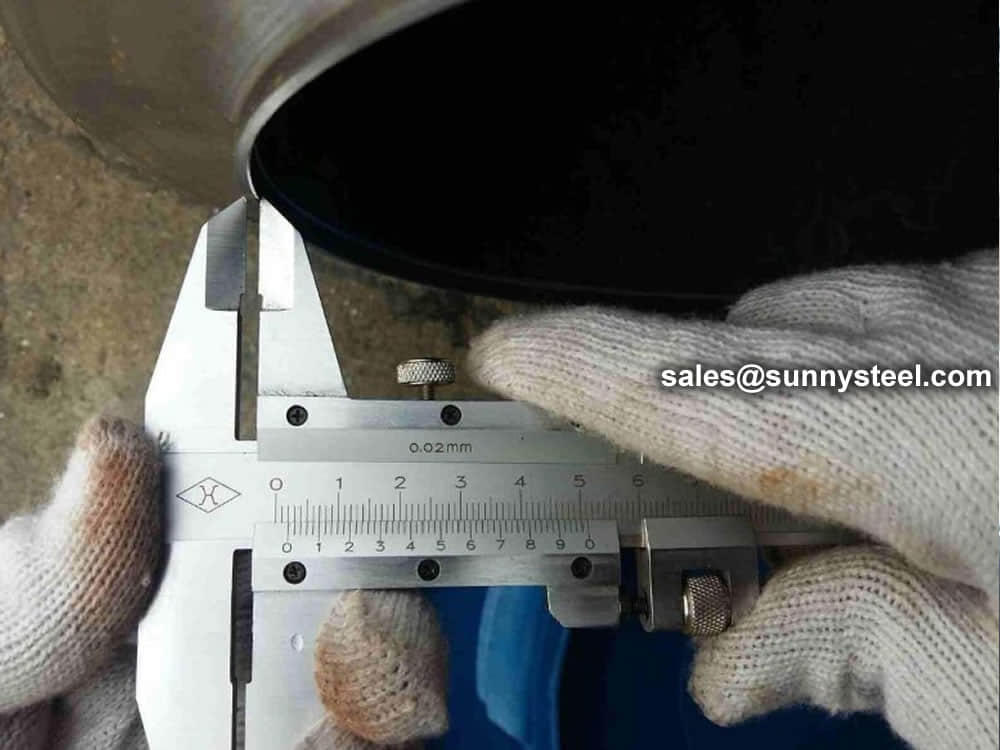
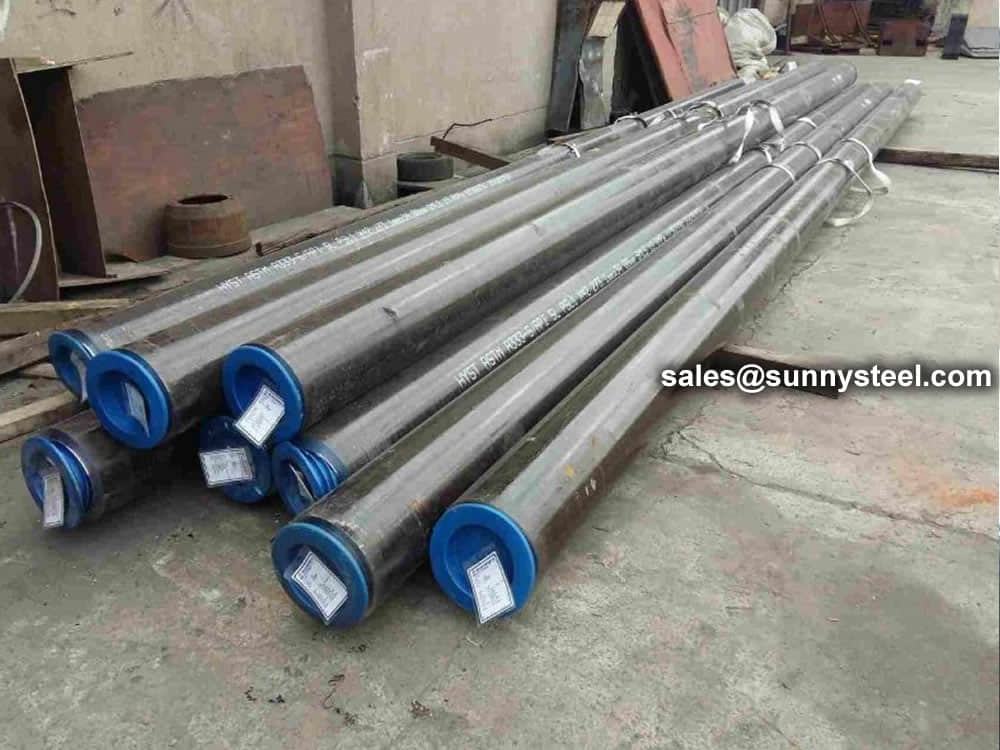
Steel pipe delivery status(condition): cold / hard (BK), cold / soft (BKW), after cold stress relief annealing (BKS), annealing (GBK), normalized (NBK).
| Term | Symbol | Explanation |
|---|---|---|
| Cold-finished/hard (cold-finished as-drawn) | BK | No heat treatment after the last cold-forming process. The tubes therefore have only low deformability. |
| Cold-finished/soft (lightly cold-worked) | BKW | After the last heat treatment there is a light finishing pass (cold drawing) With proper subsequent processing, the tube can be cold-formed (e.g. bent, expanded) within certain limits. |
| Annealed | GBK | After the final cold-forming process the tubes are annealed in a controlled atmosphere or under vacuum. |
| Normalized | NBK | The tubes are annealed above the upper transformation point in a controlled atmosphere or under vacuum. |
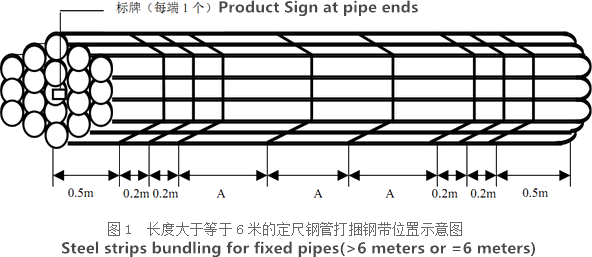
The general cold strip mills, volume should go through continuous annealing (CAPL unit) to eliminate cold hardening and rolling stress, or batch annealing reach the mechanical properties of the corresponding standard specifies. Cold rolled steel surface quality, appearance, dimensional accuracy better than hot-rolled plate, and right-rolled thin product thickness is about 0.18mm, so the majority of users favor.
Cold rolled steel coil substrate products deep processing of high value-added products. Such as electro-galvanized, hot dip galvanized, electro-galvanized fingerprint resistant, painted steel roll damping composite steel, PVC laminating steel plates, etc., so that the excellent quality of these products has a beautiful, high resistance to corrosion, has been widely used.
Cold rolled steel coil finishing after annealing, cut the head, tail, trimming, flattening, smooth, heavy volume, or longitudinal clipboard. Cold-rolled products are widely used in automobile manufacturing, household electrical appliances, instruments, switches, buildings, office furniture and other industries. Steel plate strapping package weight of 3 to 5 tons. Flat sub-volume typically 3 to 10 tons / volume. Coil diameter 6m.
Bare packing/bundle packing/crate packing/wooden protection at the both sides of tubes and suitably protected for sea-worthly delivery or as requested.
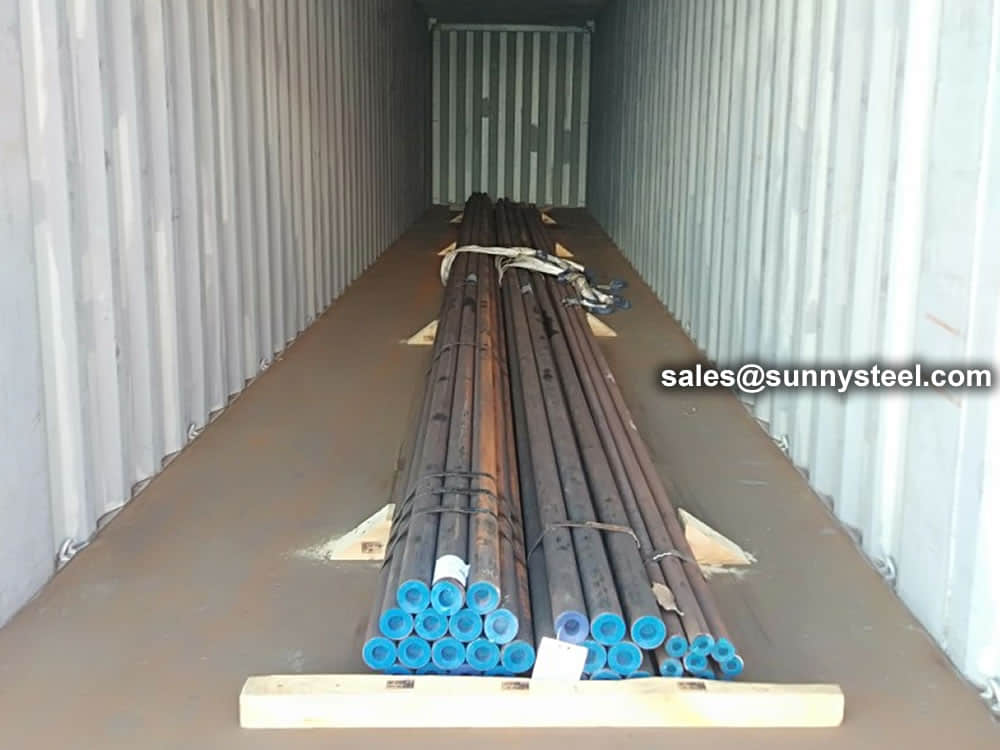
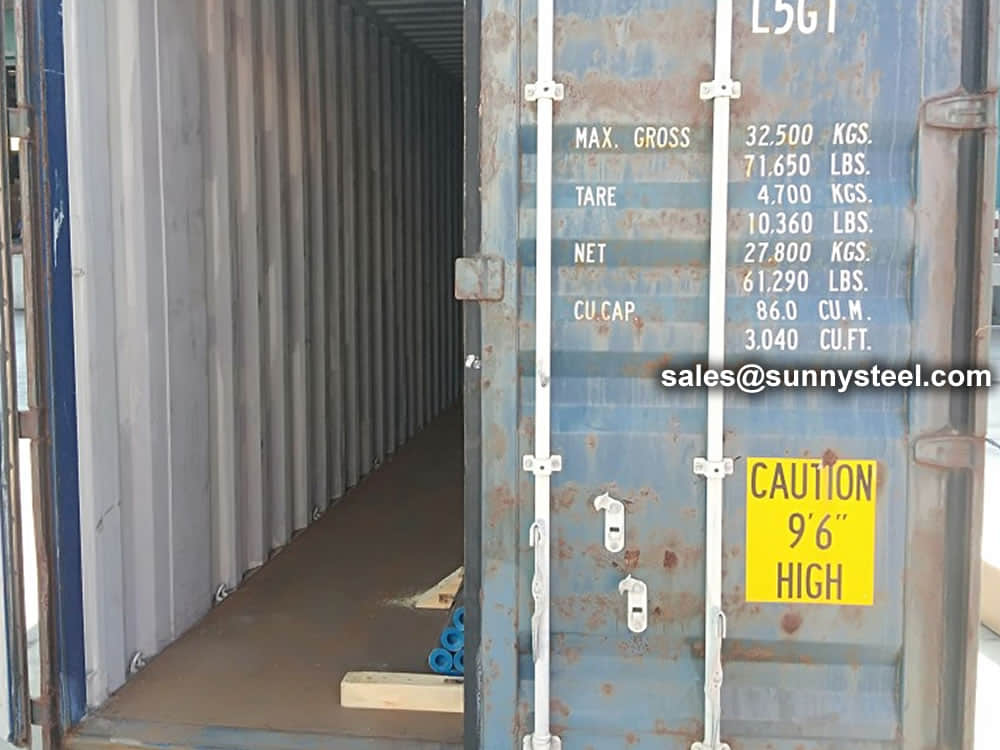
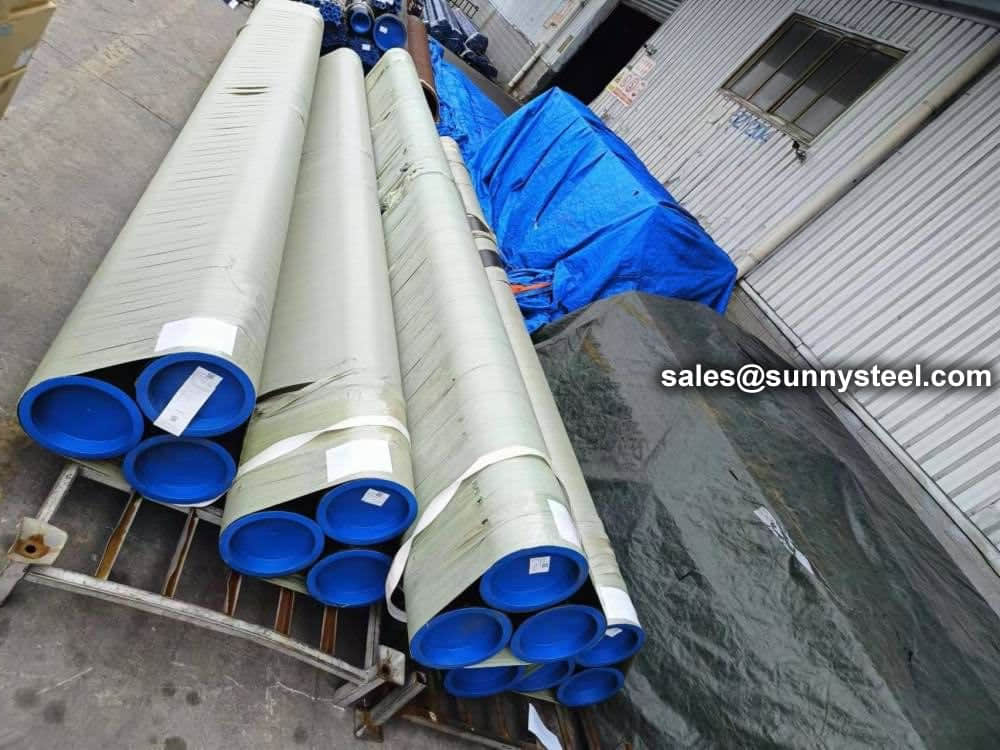
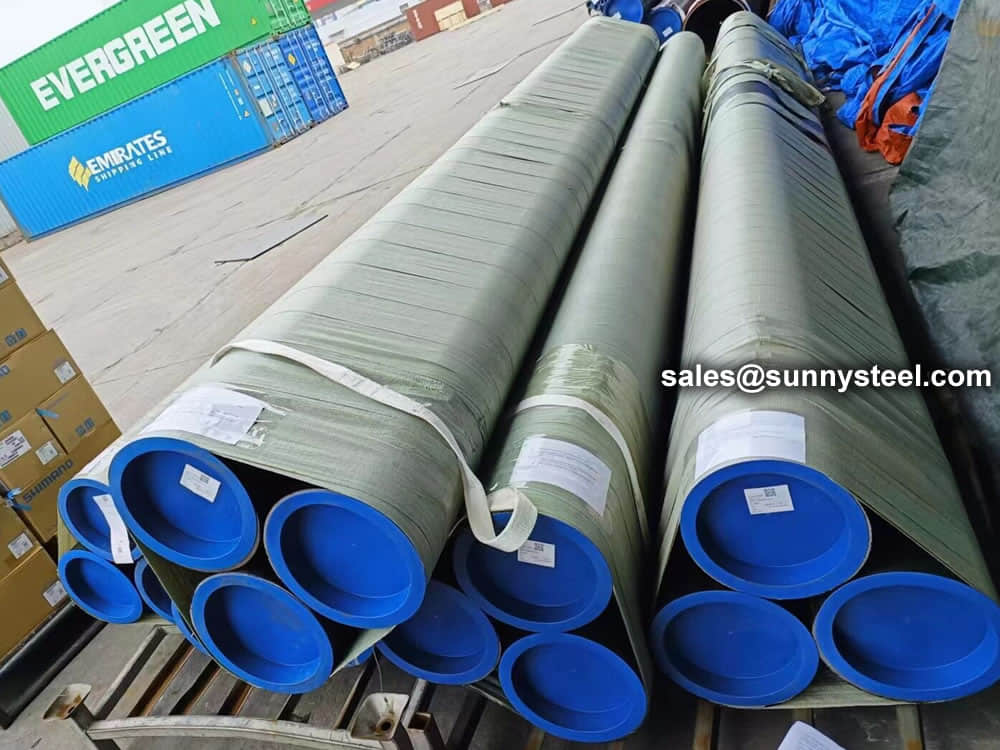
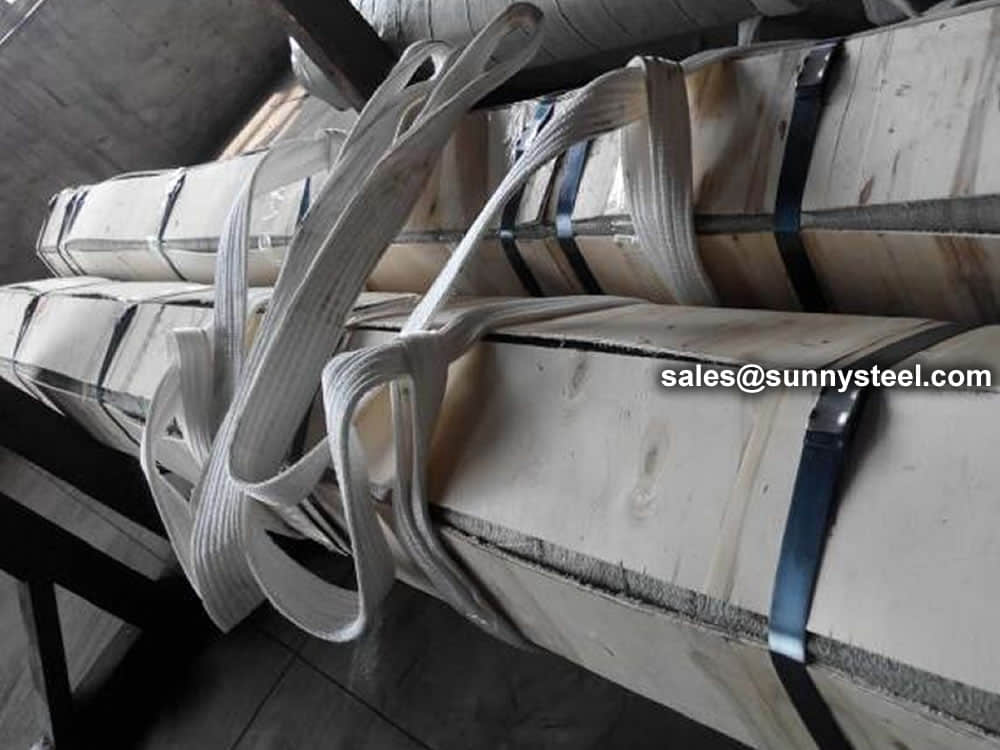
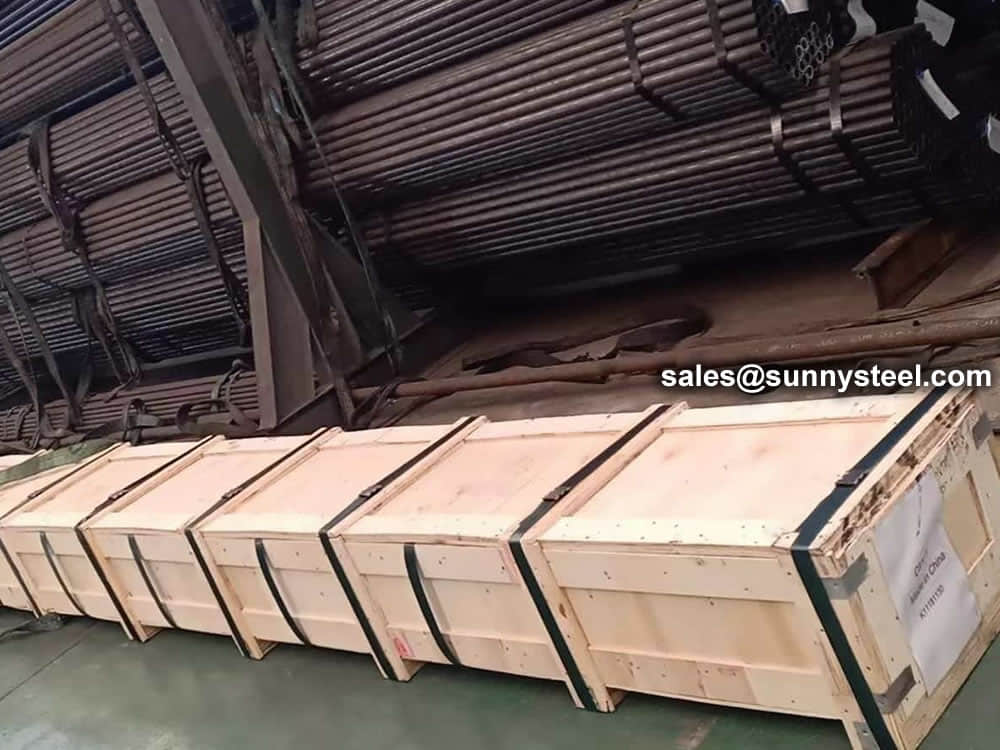
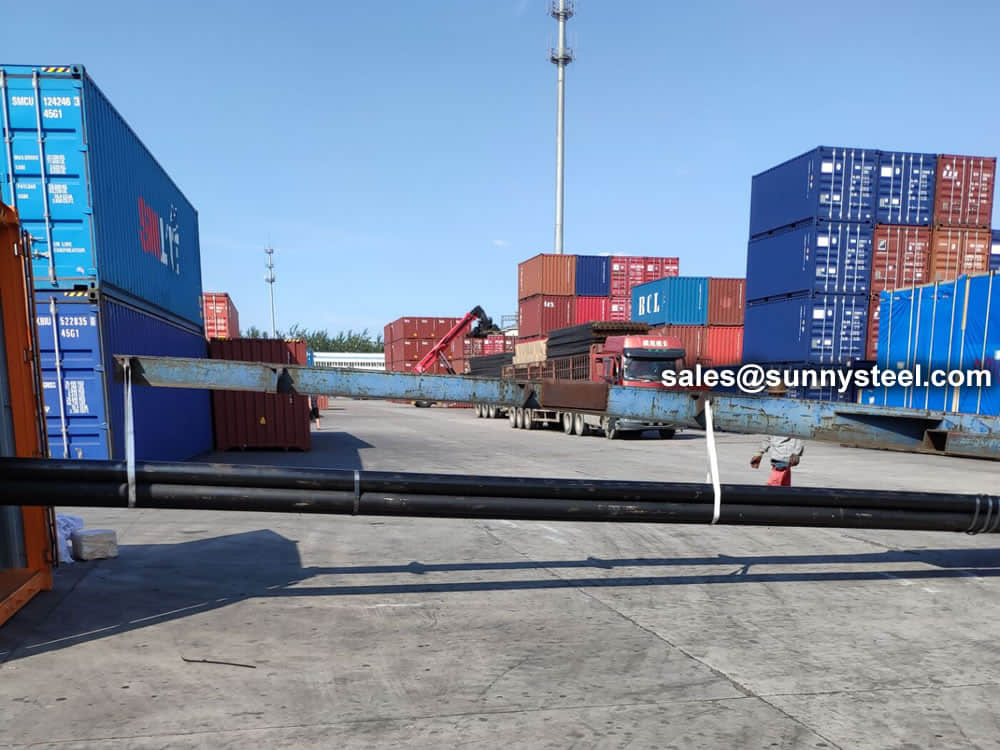
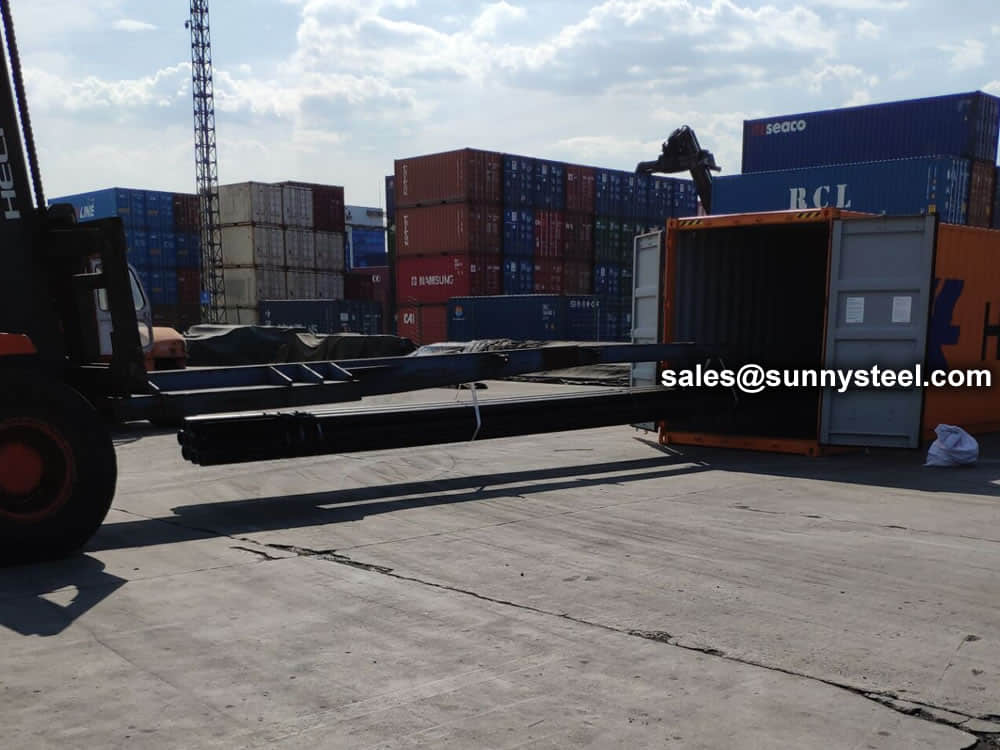
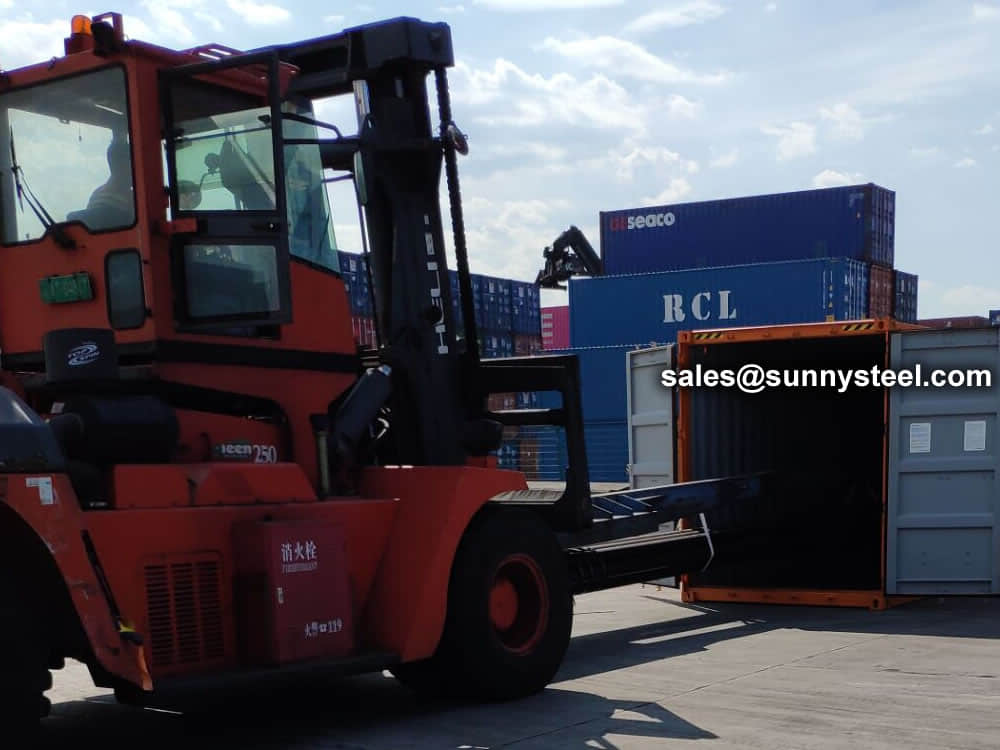
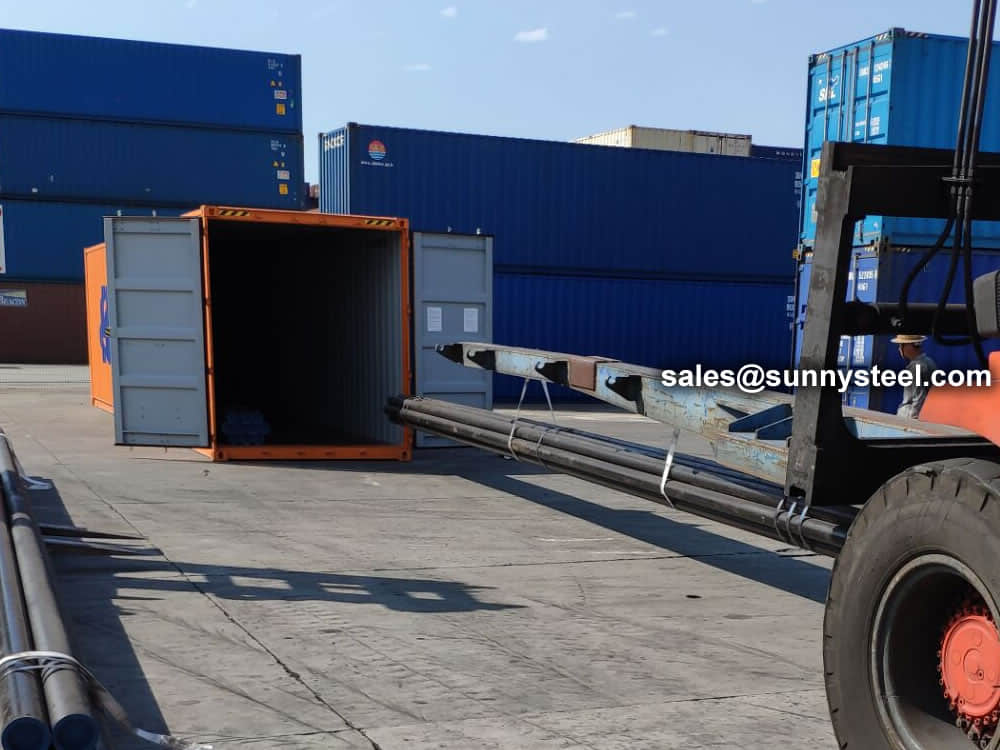
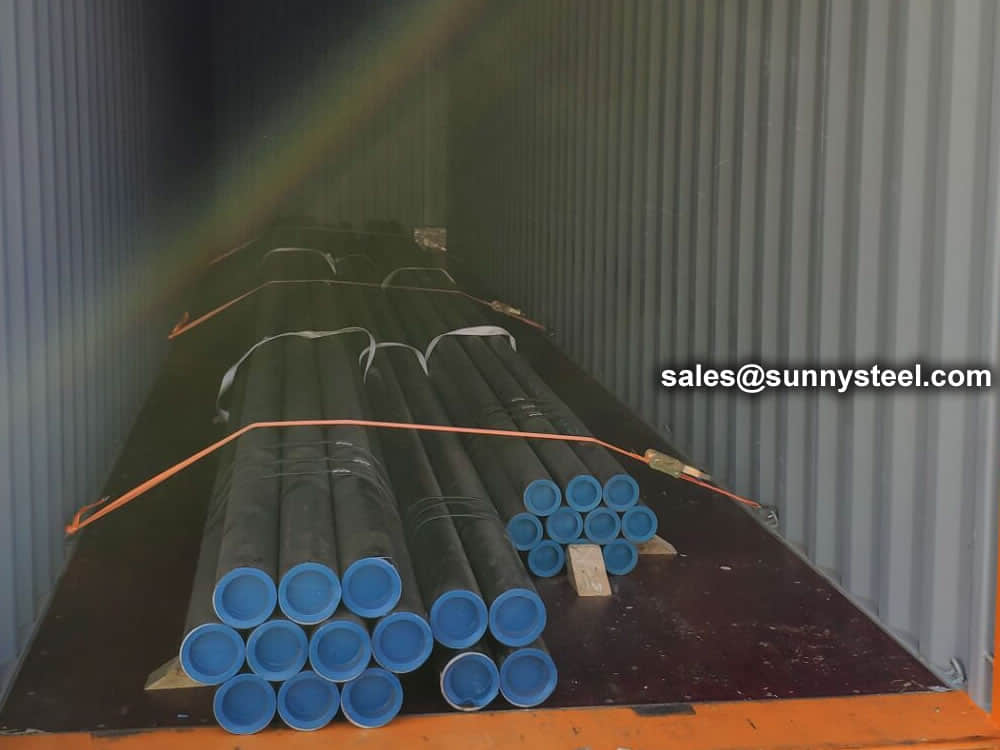
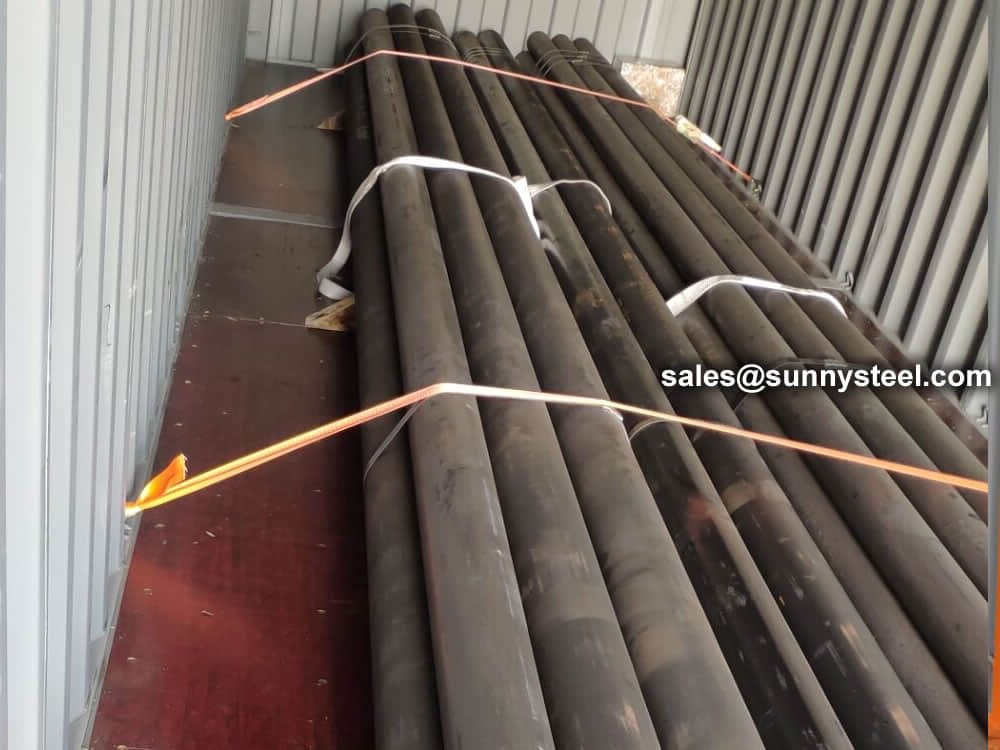
There are probably hundreds of different methods for packing a pipe, and most of them have merit, but there are two principles that are vital for any method to work prevent rusting and Sea transportation security.
Our packing can meet any needs of the customers.
Our team of experienced sales specialists proudly partners with gas and chemical processors, power generation plants, oil refineries, and related industries to offer piping components and value-added services.
Alloy steels are made by combining carbon steel with one or several alloying elements, such as manganese, silicon, nickel, titanium, copper, chromium and aluminum. These metals are added to produce specific properties that are not found in regular carbon steel. The elements are added in varying proportions (or combinations) making the material take on different aspects such as increased hardness, increased corrosion resistance, increased strength, improved formability (ductility); the weldability can also change.
Commonly used alloying elements and their effects are listed in the table given below.
| Alloying Elements | Effect on the Properties |
|---|---|
| Chromium | Increases Resistance to corrosion and oxidation. Increases hardenability and wear resistance. Increases high temperature strength. |
| Nickel | Increases hardenability. Improves toughness. Increases impact strength at low temperatures. |
| Molybdenum | Increases hardenability, high temperature hardness, and wear resistance. Enhances the effects of other alloying elements. Eliminate temper brittleness in steels. Increases high temperature strength. |
| Manganese | Increases hardenability. Combines with sulfur to reduce its adverse effects. |
| Vanadium | Increases hardenability, high temperature hardness, and wear resistance. Improves fatigue resistance. |
| Titanium | Strongest carbide former. Added to stainless steel to prevent precipitation of chromium carbide. |
| Silicon | Removes oxygen in steel making. Improves toughness. Increases hardness ability |
| Boron | Increases hardenability. Produces fine grain size. |
| Aluminum | Forms nitride in nitriding steels. Produces fine grain size in casting. Removes oxygen in steel melting. |
| Cobalt | Increases heat and wear resistance. |
| Tungsten | Increases hardness at elevated temperatures. Refines grain size. |

When you partner with Sunny Steel, you can stop worrying about meeting deadlines thanks to our responsive and timely service. You'll also say goodbye to unnecessary shopping around. Instead, you'll get white glove service from an expert who understands your needs and can get you the materials you need quickly.
